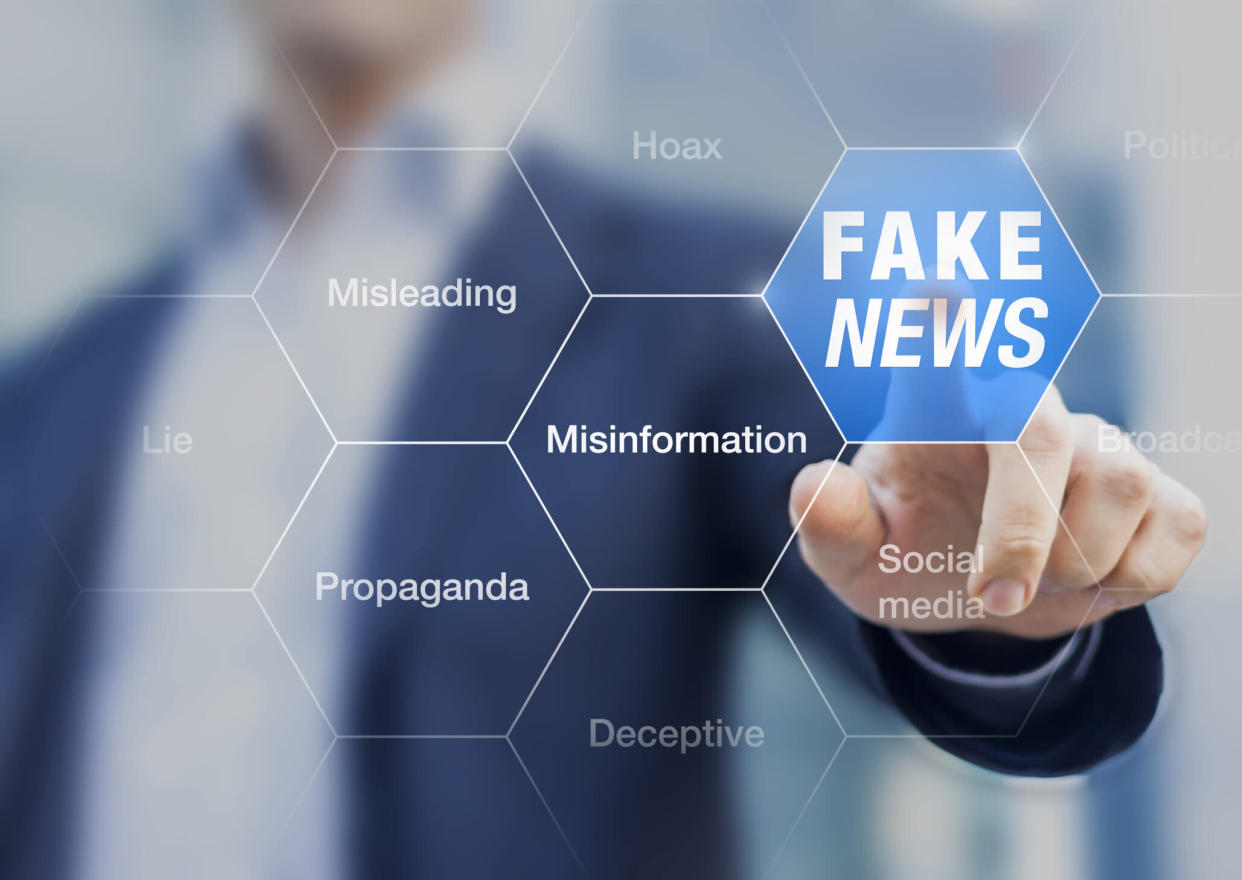83% of Singaporeans prefer independent body to assess online falsehoods: survey

SINGAPORE — Over 80 per cent of Singaporeans believe that setting up an independent body to review reported cases of deliberate online falsehoods would be a better alternative than leaving the assessment to government ministers, according to a new poll commissioned by Yahoo News Singapore.
In the survey conducted by market research consultancy Blackbox Research from 20-29 April this year, 889 Singaporeans were given a statement that read: “An alternative idea suggested by some people is to set up an independent body to review reported cases of fake news instead of leaving it to ministers.”
They were then asked: “Do you think an independent body would be a better alternative?”
An overwhelming 83 per cent of them answered “yes”, while 17 per cent replied “no”.

Even so, nearly three-quarters of the same set of poll respondents also exhibited some degree of trust in the Singapore government to assess reported cases of fake news fairly and objectively.
They were asked in the poll: “Singapore's Protection from Online Falsehoods and Manipulation Bill would give ministers wide-ranging powers to determine what is a falsehood. Do you trust Government Ministers to do so fairly and objectively?”
In response, 18 per cent of respondents said “I trust them a lot”, while 55 per cent said “I trust them a little”. This means a total of 73 per cent of respondents exhibit some degree of trust in the Singapore Government to assess falsehoods fairly.
Another 16 per cent of those surveyed said “I distrust them a little”, and 10 per cent of them said “I distrust them a lot”.

The respondents were evenly split between men and women, with those aged 50 and above being the biggest group, at 38 per cent. About 28 per cent of them were between 35 and 49, and 23 per cent were between 25 and 40. Another 12 per cent were aged between 15 and 24.
On 1 April, the Law Ministry had tabled the Protection from Online Falsehoods and Manipulation Act (POFMA) in Parliament, seeking to protect society against the damage from deliberate online falsehoods created by malicious actors. It is set to have a second reading on Tuesday (7 May).
The ministry had stressed that the draft legislation targets falsehoods, not opinions and criticisms, nor satire or parody. It defines a falsehood as a statement of fact that is false or misleading, whether wholly or in part, and whether on its own or in the context in which it appears.
There has been a lively debate on POFMA since its first tabling. While most believe that there is a need to curb deliberate online falsehoods, some have expressed concerns over issues such as the sweeping definition of what constitutes a falsehood, the extensive powers to be given to individual ministers to deal with falsehoods, and the potentially adverse impact it would have on free speech in Singapore.
Earlier this month, three Nominated Members of Parliament – Anthea Ong, Irene Quay and Associate Professor Walter Theseira – proposed several amendments to the Bill, which include setting up an independent Council to monitor online falsehoods and provide oversight on the use of executive powers under the Act.
Related stories:
COMMENT: 'Fake news Bill' gets a re-run
Three NMPs express concerns over fake news bill, propose amendments
Virtually anything can be deemed ‘misleading’ under fake news law: historian Thum Ping Tjin
Singapore government should pass laws against fake news: Select Committee



